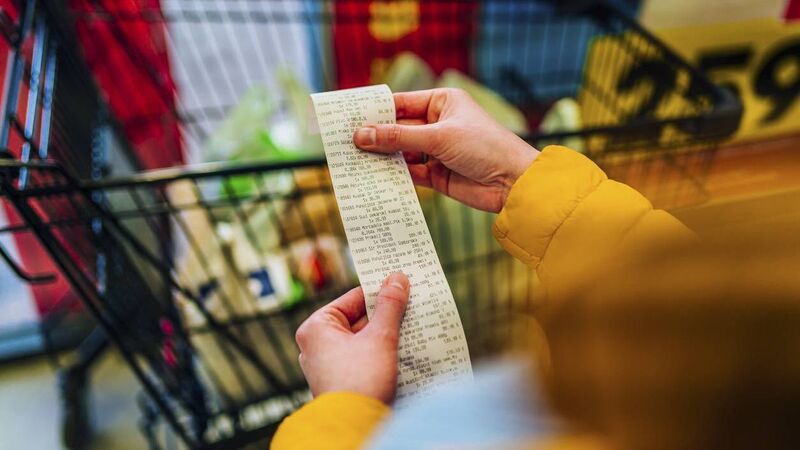Food suppliers accused of 'profiteering'

Price inflation has averaged 14.4% in the UK, and shoppers faced huge price rises, such as 51% for the cost of Bisto gravy.
The chairman of a supermarket chain on course for profits of at least £2.5bn this year has enraged the food industry by accusing it of "profiteering" from inflation.
Tesco chairman John Allan told the BBC the chain is in a “constant battle” with its food suppliers to keep prices down.











